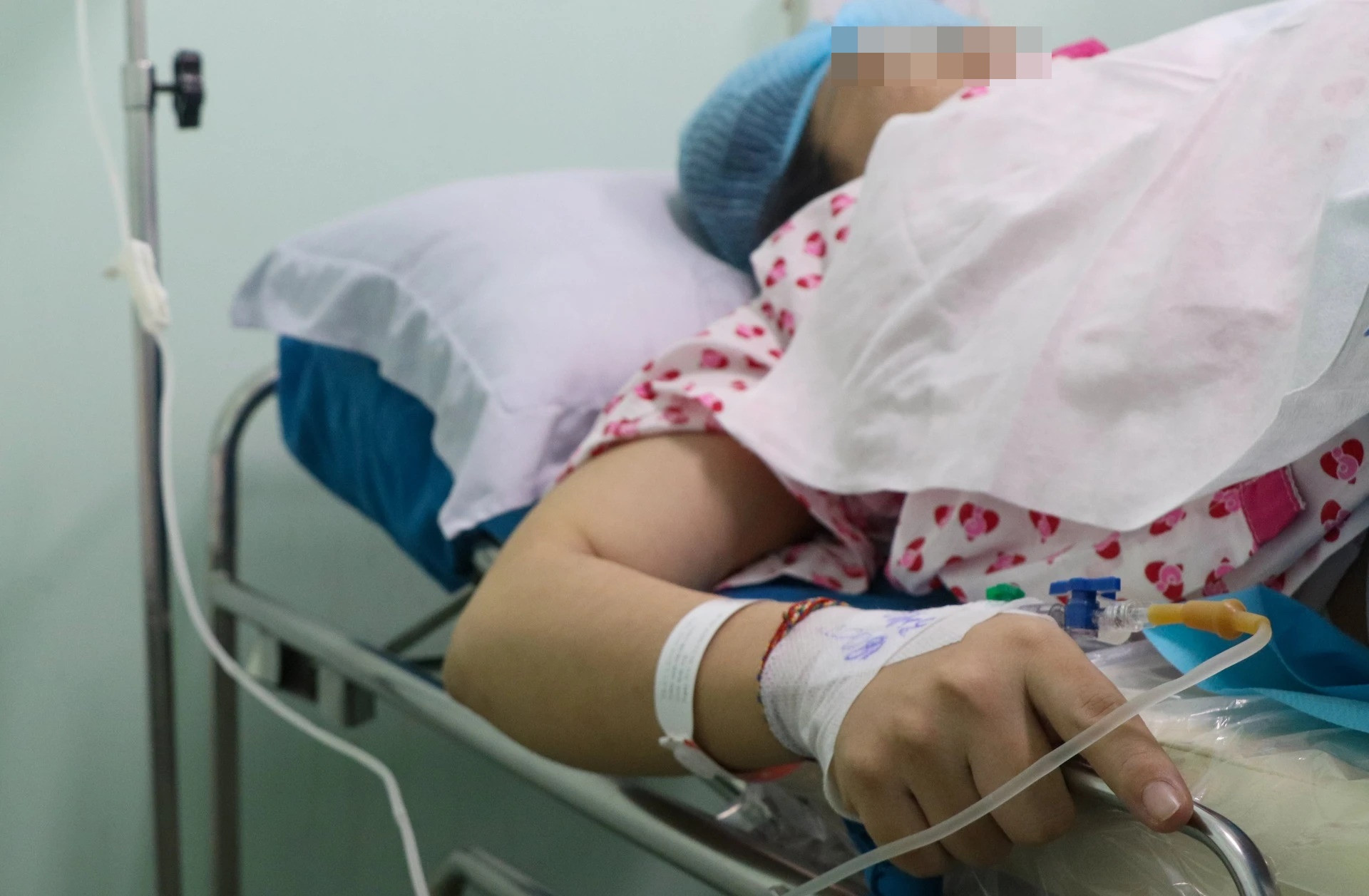
The Cultural and Social Affairs Committee of the HCM City People's Council had a working session with Hung Vuong Hospital on December 25 to discuss solutions on providing comprehensive health care to city redidents.
Hung Vuong Hospital Director Hoang Thi Diem Tuyet at the working session made proposals to improve reproductive health for the population, such as supporting HPV vaccination and cervical cancer screening.
Cervical cancer is a common disease in Vietnam, placing a significant burden on society.
However, the disease can be prevented with HPV vaccination. The Ministry of Health (MOH) has expanded the eligible age for HPV vaccination to 45 years. However, the vaccine is most effective if administered before sexual activity, particularly in adolescence.
Tuyet proposed turning HPV vaccination program into routine work, especially at secondary and high schools. The vaccination will help build immunity and prevent cervical cancer in future generations.
Tuyet believes that to reduce or eliminate cervical cancer in the city, the city needs policies to enhance screening to help discover the cancer early.
"The current screening rate for cervical cancer among women is only about 30 percent. To eliminate the disease by 2030, this rate must increase to 90 percent,” she said.
Therefore, she proposed that HCMC implement widespread and regular cervical cancer screening programs for women under 65, with a special target of disadvantaged people. This would help reduce the cancer rate, alleviating the suffering of children orphaned due to cervical cancer.
Tuyet suggested that the health insurance system design policies to support infertility treatments.
She cited statistics from MOH as saying that the infertility rate among reproductive-age couples in Vietnam is 10 percent. Along the low birth rate, (HCM City women of childbearing age have 1.32 children, according to Ministry of Health), infertility poses significant social challenges.
Though the cost of reproductive assistance services in Vietnam is considered low compared to other regional countries, it is still high for the majority of people.
Therefore, she hopes that health insurance will adjust policies to support infertility treatments. This policy will not only ease financial burdens on people but also allow more couples to fulfill their roles as parents.
In reply, a representative from HCM City Social Insurance stated that currently, the state does not have policies on giving support for infertility treatments. The Health Insurance Law is undergoing amendments, with discussions about expanding insured coverage, including infertility treatments.
Linh Thuy